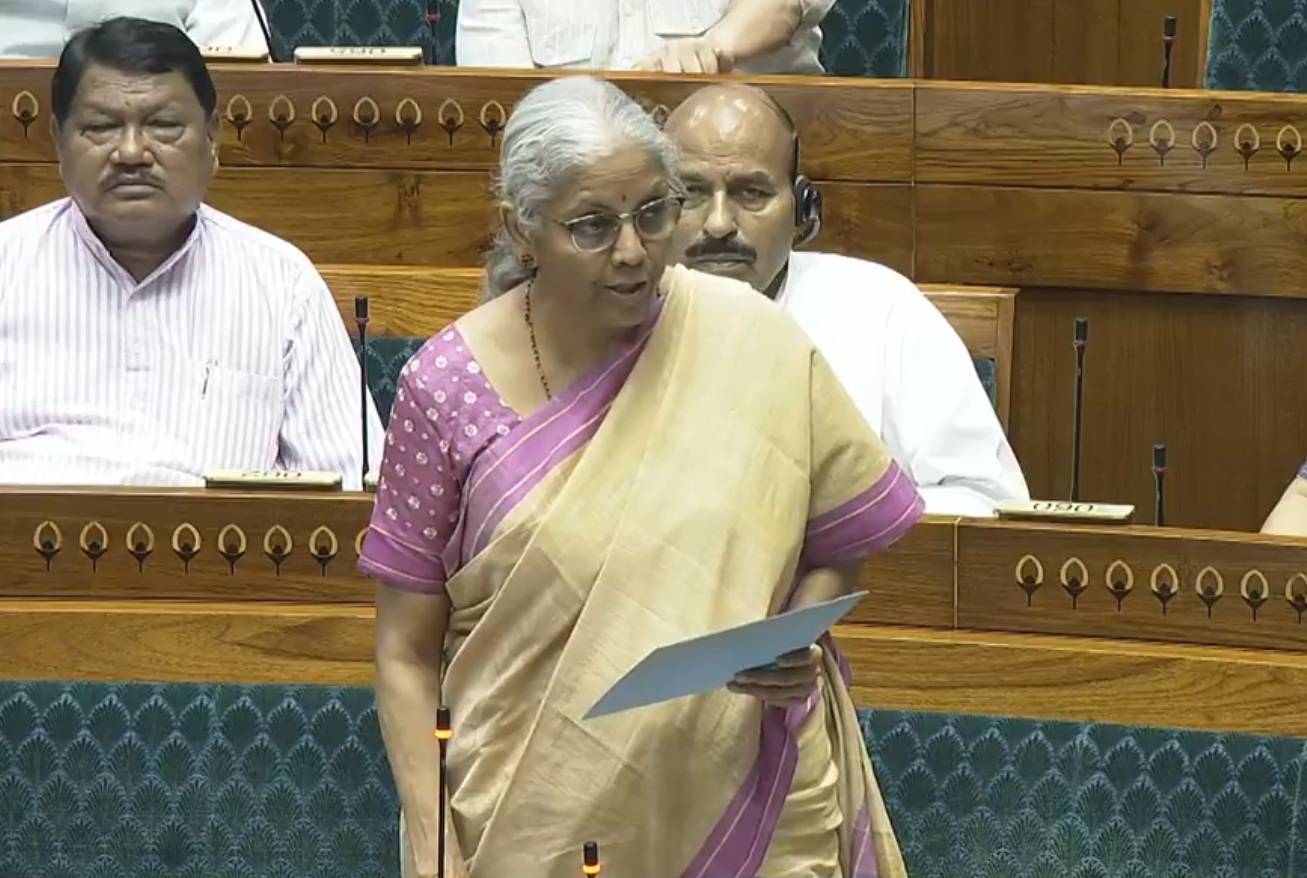The Goa state cabinet has recently approved a significant piece of legislation aimed at addressing the issue of properties that lack legal heirs or rightful owners. This move, which occurred during the ongoing monsoon session of the state legislature, is encapsulated in the Goa Escheats, Forfeitures, and Bona Vacantia Bill, 2024. This proposed bill is designed to provide a comprehensive framework for managing properties that automatically revert to the state due to the absence of claimants.
The Goa Escheats, Forfeitures, and Bona Vacantia Bill, 2024, is grounded in Article 296 of the Indian Constitution, which deals with property that accrues to the state by escheat, lapse, or bona vacantia. Under common law, **escheat** refers to the automatic transfer of property to the state when an individual dies without heirs. **Lapse** denotes the expiration of rights to property, while **bona vacantia**, from Latin meaning "vacant goods," describes property without a clear owner.
Key Provisions and Implications
The bill sets out a structured process for the state government to manage and dispose of properties that revert to it. This framework covers both movable and immovable properties, including land, buildings, and personal assets. By ensuring due process for potential claimants and protecting state interests, the bill aims to address the management of these properties comprehensively.
One crucial aspect of the bill is its detailed definition of the properties it covers. **Escheated property** includes any movable or immovable asset that vests in the state through escheat, lapse, or bona vacantia. **Bona vacantia** encompasses properties without a rightful owner, specifically excluding escheats or movable property found in public places. Additionally, the bill defines **unclaimed property** as any movable asset or treasure trove that is forfeited or set to be forfeited to the state.
Addressing Illegal Sales
Goa Chief Minister Pramod Sawant emphasized that this bill is a key part of the government's strategy to combat the illegal sale of properties with no rightful claimants. The bill's objective is to streamline the management and disposal of such "no-man properties" to prevent fraudulent transactions and ensure that these assets are used appropriately. By taking over control of these properties, the government aims to enhance oversight and prevent misuse.
Legislative and Administrative Framework
The bill proposes a detailed legislative and administrative framework for handling state-vested properties. This framework includes provisions for the administration, supervision, custody, and disposal of these assets. It also outlines the processes through which claimants can assert their rights, ensuring transparency and providing legal recourse.
The introduction of this bill marks a proactive approach by the Goa government in managing ownerless properties. By establishing a clear and organized process, the bill seeks to improve the efficiency of property management and bolster the state’s administrative and financial systems.
Potential Challenges and Public Response
Despite the potential benefits, the bill may face challenges during implementation. One of the primary concerns will be ensuring that due process is adhered to and that rightful claimants are provided with fair opportunities to assert their claims. Additionally, the success of the bill will depend significantly on public awareness and acceptance of the new regulations. Engaging the public and ensuring they understand their rights and the processes involved will be crucial for the effective implementation of the bill.
Conclusion
The Goa Escheats, Forfeitures, and Bona Vacantia Bill, 2024, represents a landmark initiative by the Goa government to take control of properties with no legal owners. By establishing a structured and clear process for managing such assets, the bill aims to prevent illegal sales and ensure that these properties are utilized appropriately. As the bill progresses through the legislative process, its impact on property management and state administration will be closely monitored, reflecting a significant step toward more effective governance in handling unclaimed properties.









